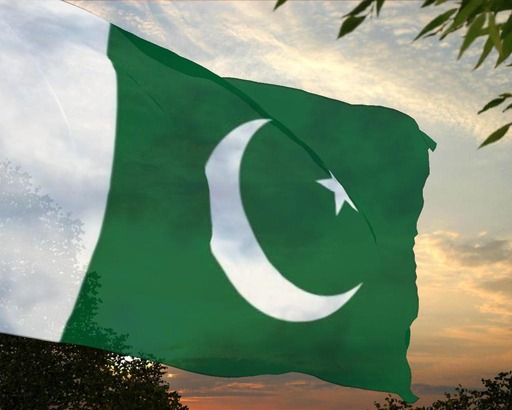Islamic Human Rights Commission
————————————————–
Human Rights Council.
8th Session. 12 June 2008.
Agenda item 6.
Mr. President first of all I would like to take this opportunity on behalf of Islamic Human Rights Commission to thank and congratulate the council on the conclusions and recommendations that have been forwarded. Indeed they reflect many of our concerns.
First we believe that being a party to the International Covenant on Economic, Social and Cultural Rights (ICESCR), the Pakistan government has a legal obligation under international human rights law in relation to women’s health care from an international human rights law perspective as recommended.
We are deeply concerned that in Pakistan women’s health rights appear to be neglected. Cultural practices hinder women’s access to these rights.
Being a party to ICESCR, women’s health rights focus on an array of legal obligations arising from human rights commitment of the state. The chief among these (though not exclusive) are right to life, right to health and the right to equality and freedom from discrimination.
Second, we are also deeply concerned about the outcome of the draft Bill of National Human Rights Commission presented to the National Assembly in February 2005.
The mechanism has not advanced since. We are especially concerned with the Composition of the NHRC. It must be independent and professional and capable of doing its job.
The NHRC must also be representative in terms of minorities and geography. Already a number of provisions in the Bill have raised criticism, such as the requirement that members of the NHRC must be former government employees, an issue that potentially impacts on their independence.
Other aspects include methods of appointment of Commissioners, their salaries and the funding of the NHRC.
However, the success of NHRC of Pakistan depends on their being truly independent, qualified and diverse in their membership, adequately staffed, resourced and accessible to the public.
Pakistan already faces a number of human rights challenges that make the establishment of an effective NHRC an important necessity.
Many of the human rights challenges relate to Pakistan’s internal struggles in the process of democratization, questions of gender equality, empowerment of women as well as the fight against terror that since its launch in 2001 has become a central point for human rights violations.
The ratification and signatures of three core Human Rights instruments is a significant step forwarded by Pakistan in fulfilling its pledges and commitment to promote human rights of the people of Pakistan, including the rights of women , children, minority and unprivileged.
Thank you
——————————————————————————————————-
The Islamic Human Rights Commission is an NGO in special consultative status with the United Nations Economic and Social Council.
Islamic Human Rights Commission
PO Box 598
Wembley
HA9 7XH
United Kingdom
Telephone (+44) 20 8904 4222
Fax (+44) 20 8904 5183
Email: info@ihrc.org
Web: www.ihrc.org




